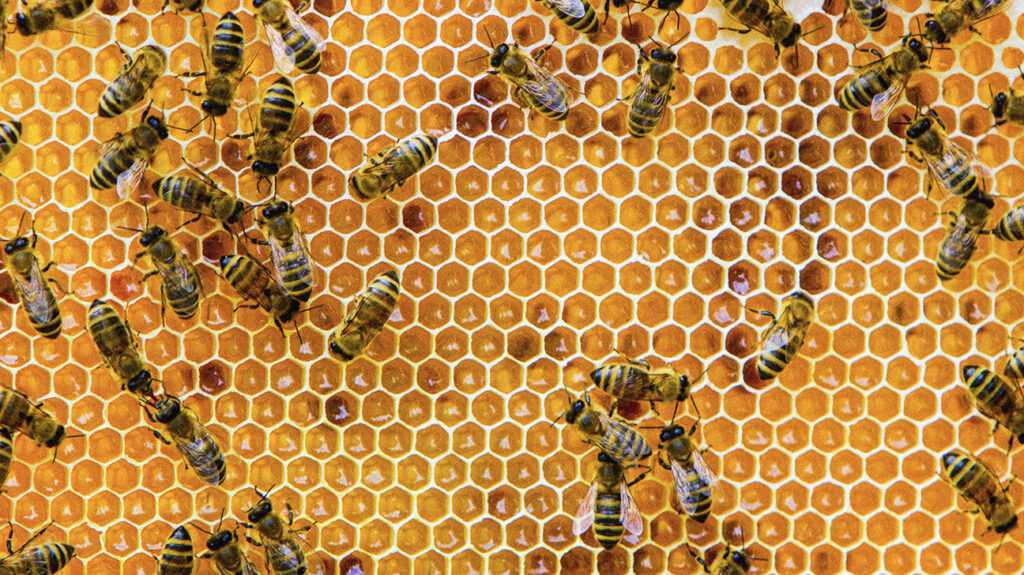Can honey relieve cough and cold symptoms?
27 August, 2020

A recently available review and meta-analysis asks whether honey is an efficient treatment for a cough and other symptoms of upper respiratory tract infections. Overall, the authors conclude, honey is “more advanced than usual look after the improvement of symptoms.” However, because data are sparse, questions remain.
Upper respiratory system infections (URTIs), including the common cold, are highly prevalent.
In line with the scientists behind the recent review, which appears in the journal BMJ Evidence-Based Medicine, URTIs are “the most typical reason behind antibiotic prescription.”
However, nearly all URTIs are viral, and antibiotics, therefore, cannot help. The rhinovirus alone makes up about an estimated 80% of most respiratory infections during peak seasons.
In the era of antibiotic resistance, too little effective treatments for URTIs is a pressing concern. The World Health Organization (WHO) consider antibiotic resistance to be “one of the primary threats to global health, food security, and development today.” Because of this, there can be an urgent dependence on alternative approaches to these and other infections.
The common cold is far from life-threatening, but treating it successfully could hinder the “slow-motion pandemic” of antibiotic resistance.
Could honey be the answer?
While enduring a cough or cold, many persons seek solace in honey. Although this treatment is popular, scientific proof its effectiveness is largely lacking.
The recent systematic review and meta-analysis attempts to fill this gap in research.
To place honey through its paces, the team delved into existing findings. They selected relevant studies that involved humans of any age and in virtually any setting. All the included studies compared honey with at least an added intervention: no treatment, usual care, or a placebo.
Within their analysis, the authors defined URTIs as “acute infections of the respiratory system, including acute cough, colds, and influenza-like illness, but excluding bronchitis or other infections of the low respiratory tract.”
Does honey work?
In all, the seek out papers yielded only 14 relevant studies; of the 14, data from just 12 studies could be combined in a meta-analysis. Alongside the scientists’ data analysis, in addition they assessed each study’s risk of bias.
The results of the meta-analysis were generally positive but in no way conclusive. When attempting to assess the consequences of honey pitched against a placebo, the authors write:
“Two of the three studies comparing honey with placebo indicated an advantageous effect of honey, but overall, we don't have a strong evidence base from comparisons of honey against matched placebo.”
However, when honey was compared with usual care, the results were slightly clearer. According to the authors, “Honey was associated with a significantly greater decrease in combined symptom score, cough frequency, and cough severity.”
The authors also conclude that, although the techniques of usual care varied widely among the studies, they were all “similarly ineffective.”
Several limitations
A variety of factors hindered this study’s ability to draw firm conclusions. Overall, the issues did not concern the methods of this research, however the quality of the studies designed for the team to investigate.
For instance, if they investigated the included studies’ threat of bias, nine of the 14 were at risk of at least one type of bias; and seven of these were at risk of more than one kind of bias.
Aside from this, nine of the studies had only recruited children as participants, therefore the results might not connect with adults.
Also, a significant number of the included studies didn't use pure honey: One used Honitus syrup, which has a honey base but includes herbs; two used Grintuss syrup, which is a cough suppressant which includes honey; two combined honey with coffee; and one combined honey, coffee, and milk.
Designing a placebo intervention also caused some difficulties. Researchers have to make certain that participants cannot tell if they are receiving a placebo or the experimental intervention, which in this case was honey.
If the physical properties of honey lessen symptoms, for instance a cough, any similar compound might also soothe symptoms, so that it is a poor placebo.
Overall, the clearest point that analysis makes is that we have to see more research before we are able to reach conclusions about honey and URTIs. Although URTIs are, in the global scheme of things, relatively mild, their relationship with antibiotic overprescribing makes honey worth further scrutiny.
And because honey is widely available, natural, and safe for most adults and children over the age of 1, if using it reduces the number of antibiotic prescriptions, it could be an all-around win.
Source: www.medicalnewstoday.com
